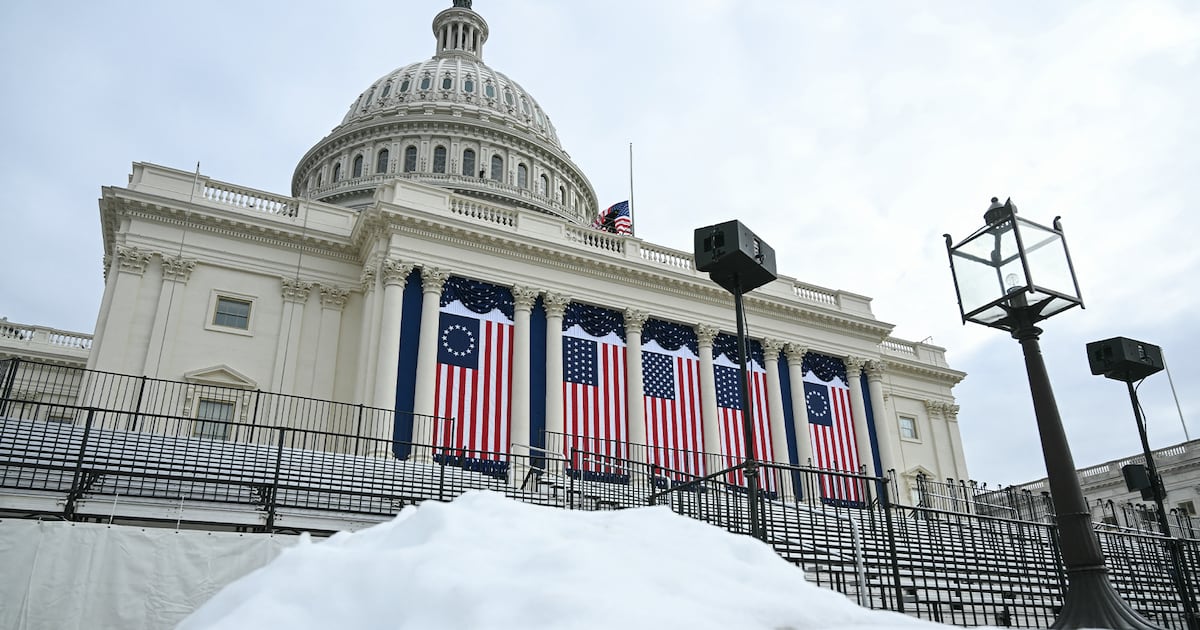
Youâd be forgiven for thinking Donald Trumpâs second term is already well underway. Breaking with precedent, Trump has spent the two-plus months since election day announcing policy plans and key appointments, and meeting with foreign leaders. With the caveat that Trump is nothing if not mercurial, this flurry of activity has given the fashion industry a clearer picture into what the coming months and years may have in store.
TikTok. One of outgoing President Joe Bidenâs last acts was to announce he wouldnât enforce the platformâs ban, which went into effect on his final day in office. In doing so, he effectively made TikTokâs future Trumpâs problem. Between the lawâs tight wording and the Supreme Courtâs unanimous upholding of it in a ruling on Friday, thereâs not a lot of wiggle room, and owner ByteDance made good on its promise to shut the app down shortly before the ban was due to kick in on Sunday. Itâs possible Trump could grant TikTok a stay of execution if it appears a deal to sell it is in the works. That would require ByteDance to talk to potential buyers, which so far it has given no indication itâs interested in doing.
Elsewhere, brands will need to learn to navigate a social media landscape with fewer guardrails separating their ads from potentially objectionable content, as Meta and other platforms have pulled back on moderation ahead of Trumpâs return to the presidency.
Tariffs. Trump has promised across-the-board tariffs on most imports. The impact to the fashion industry, which manufactures most clothes for the US market overseas, will depend on how high those duties go. Goldman Sachs, UBS and other investment banks are predicting Trump wonât go through with his campaign pledge to raise tariffs on Chinese goods to 60 percent; UBS estimates that if the new duties are closer to 10 percent, retail earnings wonât be âmajorly impacted.â A bigger threat could be promises to levy a 25 percent tariff on goods made in Mexico, which had become a popular alternative to China for many garment manufacturers.
The other wild card is how other countries will respond. They can impose tariffs of their own, but brands may find themselves collateral damage in a trade war. China has already announced vaguely worded probes into Calvin Klein and Tommy Hilfiger parent PVH Corp., in what is widely seen as a warning shot ahead of trade negotiations.
Immigration. Trump has consistently said he will launch his crackdown on undocumented migrants in the opening hours of his presidency. What form that takes, and which groups are targeted, will determine the impact on the fashion industry, which relies heavily on immigrant workers in garment manufacturing, warehouses and other roles.
Culture. Even before Trump took office, companies from Walmart to Meta announced they were shrinking or halting DEI initiatives. Such programmes have faced legal challenges, as well as a conservative cultural backlash. Trump will amplify the pressure on both fronts, though as with immigration and tariffs, the when and how are less clear. The Trump administration could pursue legal action against organisations that continue to offer DEI grants and policies. Even an unofficial pressure campaign would likely accelerate fashionâs retreat from DEI efforts.
The Week Ahead wants to hear from you! Send tips, suggestions, complaints and compliments to brian.baskin@businessoffashion.com.

